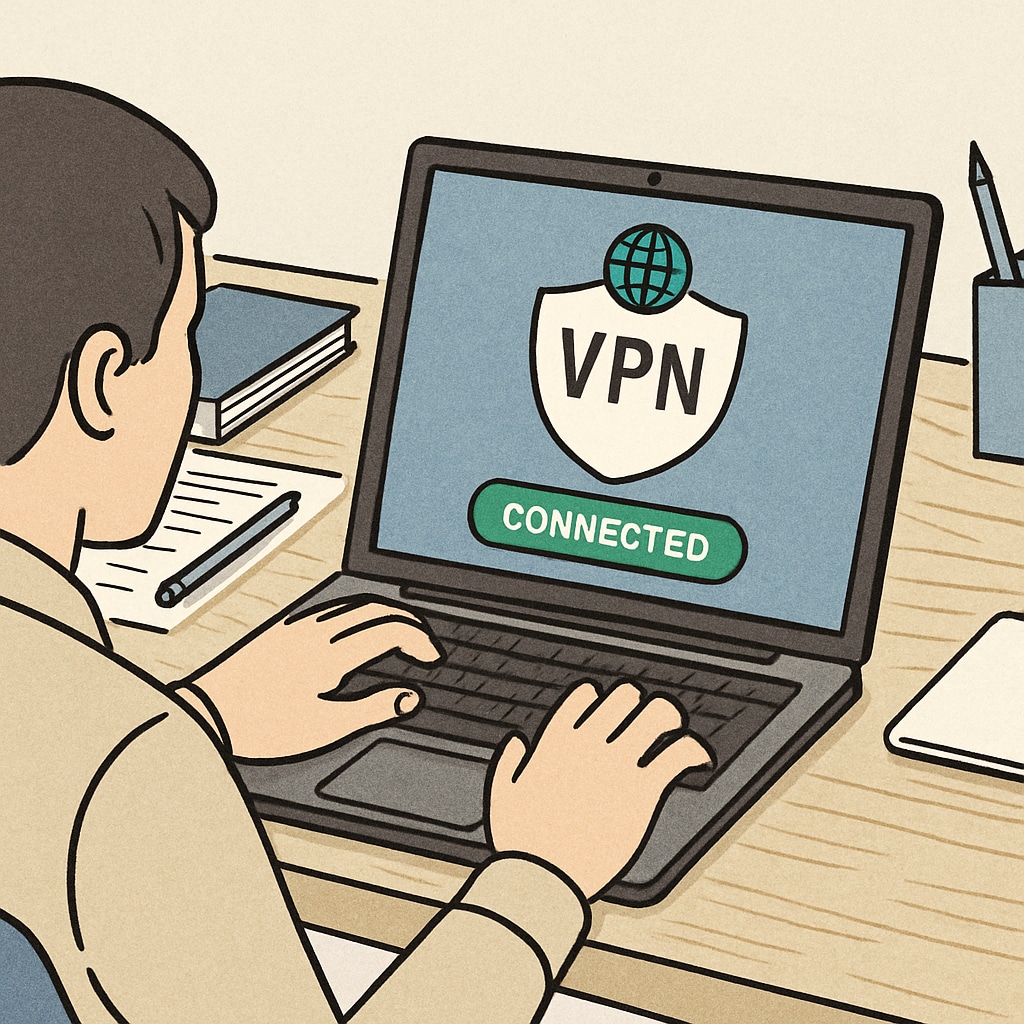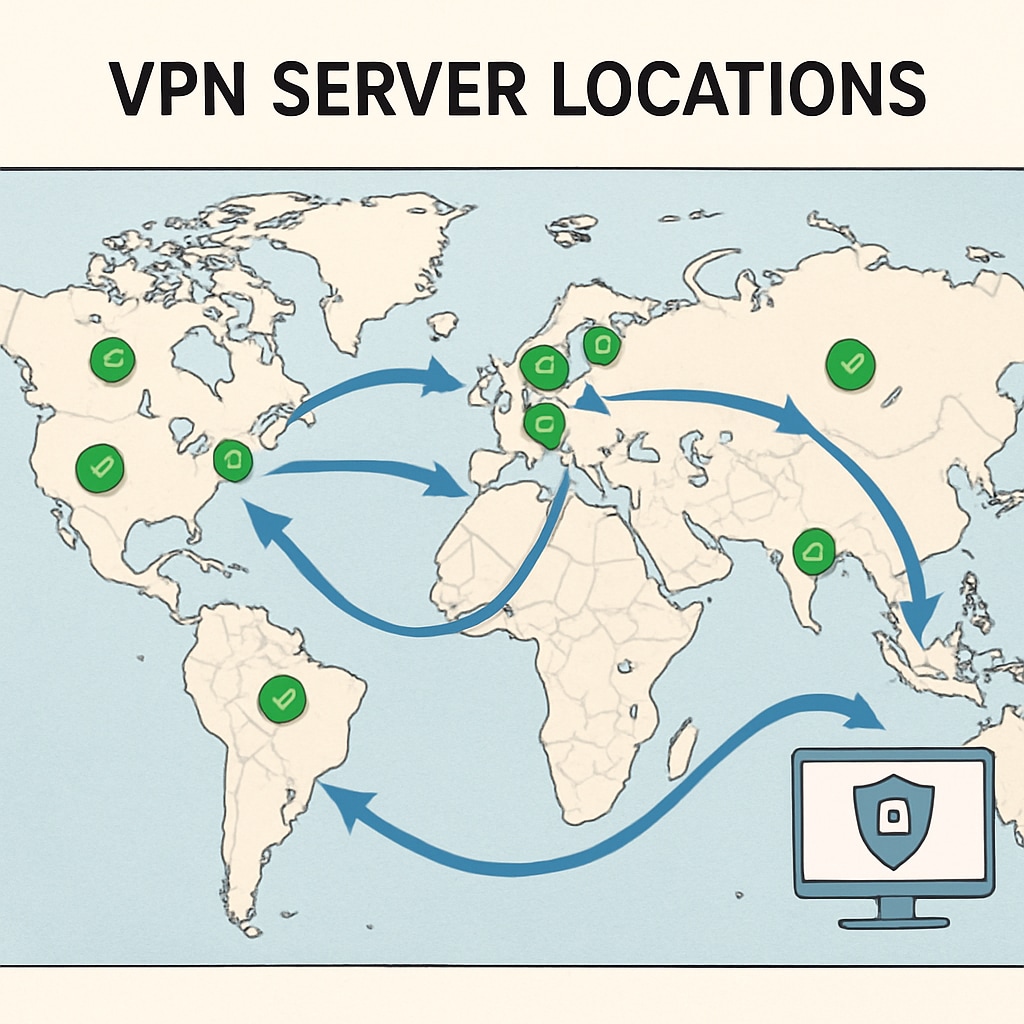The introduction of the UK age verification law has had a profound impact on how users access online content, with many turning to VPNs (Virtual Private Networks) to navigate the restrictions. This legislation, designed to limit access to online adult content for underaged users, has prompted debates around internet privacy, freedom, and the unintended consequences of such measures. A closer look reveals how this law is reshaping the digital landscape and influencing user behavior.

The UK Age Verification Law: An Overview
In an effort to protect minors from explicit content, the UK government implemented a law requiring age verification for accessing certain websites. As a result, users must confirm their age through official documents or third-party services. While the intention behind the law is commendable, critics argue that it raises significant privacy concerns. Many worry about how their data is stored, who has access to it, and the potential for misuse or security breaches.
Moreover, issues of accessibility and inclusivity have also surfaced, as not all users are comfortable sharing personal information online. For some, the age verification process feels invasive, prompting them to seek alternative solutions.
VPN Usage Soars: A Direct Outcome of Age Verification
One of the most notable responses to the age verification law has been a sharp rise in the use of VPNs. A VPN allows users to mask their IP address, effectively bypassing geographical restrictions and maintaining anonymity. By rerouting their internet traffic through servers in other countries, users can access content without undergoing age verification.
For example, according to a report by Wikipedia, VPNs have become a popular tool for circumventing internet censorship and restrictions worldwide. In the UK, this trend is now evident as users seek to avoid compliance with the new law. While VPNs provide a solution, they also highlight a critical issue: when restrictive laws are put in place, users often turn to technology to evade them.

Privacy and Security Concerns: A Double-Edged Sword
While VPNs offer a layer of privacy, they are not without risks. Not all VPN services are reliable, and some may log user data, potentially compromising privacy. This is particularly concerning given that many users turn to free VPNs, which often lack robust security protocols. As a result, individuals seeking to protect their anonymity could unknowingly expose themselves to greater risks.
Additionally, as noted by Britannica, there are legal and ethical implications tied to VPN usage. While bypassing age verification might seem harmless, it raises questions about the effectiveness and enforceability of such laws. For governments, the challenge lies in striking a balance between protecting minors and respecting user privacy.
Potential Long-Term Implications
The rise in VPN usage triggered by the UK age verification law points to broader implications for digital rights and governance. First, it suggests that overly restrictive regulations can drive users toward tools that undermine the intent of the law. Second, it highlights the need for more transparent and secure methods of implementing online safety measures.
For policymakers, this presents an opportunity to rethink how such laws are structured. Instead of focusing solely on restrictions, governments could explore educational initiatives and collaborate with tech companies to create safer online environments. By addressing the root causes of the issue, it may be possible to achieve the law’s goals without infringing on user freedoms.
In conclusion, the UK age verification law has undoubtedly reshaped the way users interact with the internet, with VPNs emerging as a key tool for navigating restrictions. While the law aims to protect young users, its broader impact on privacy, security, and digital behavior cannot be ignored. As the digital landscape continues to evolve, it will be critical to find solutions that balance safety, accessibility, and the right to privacy.


